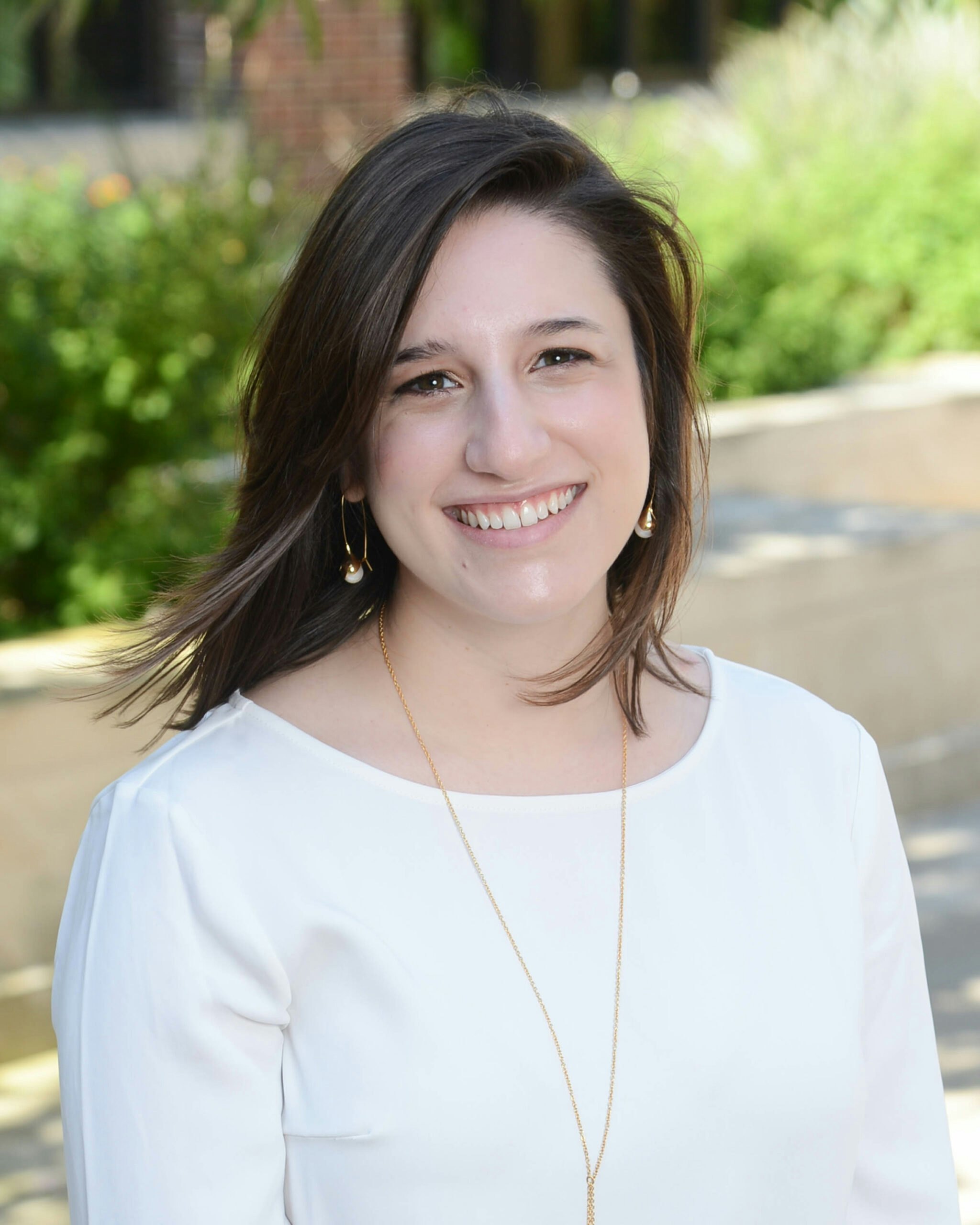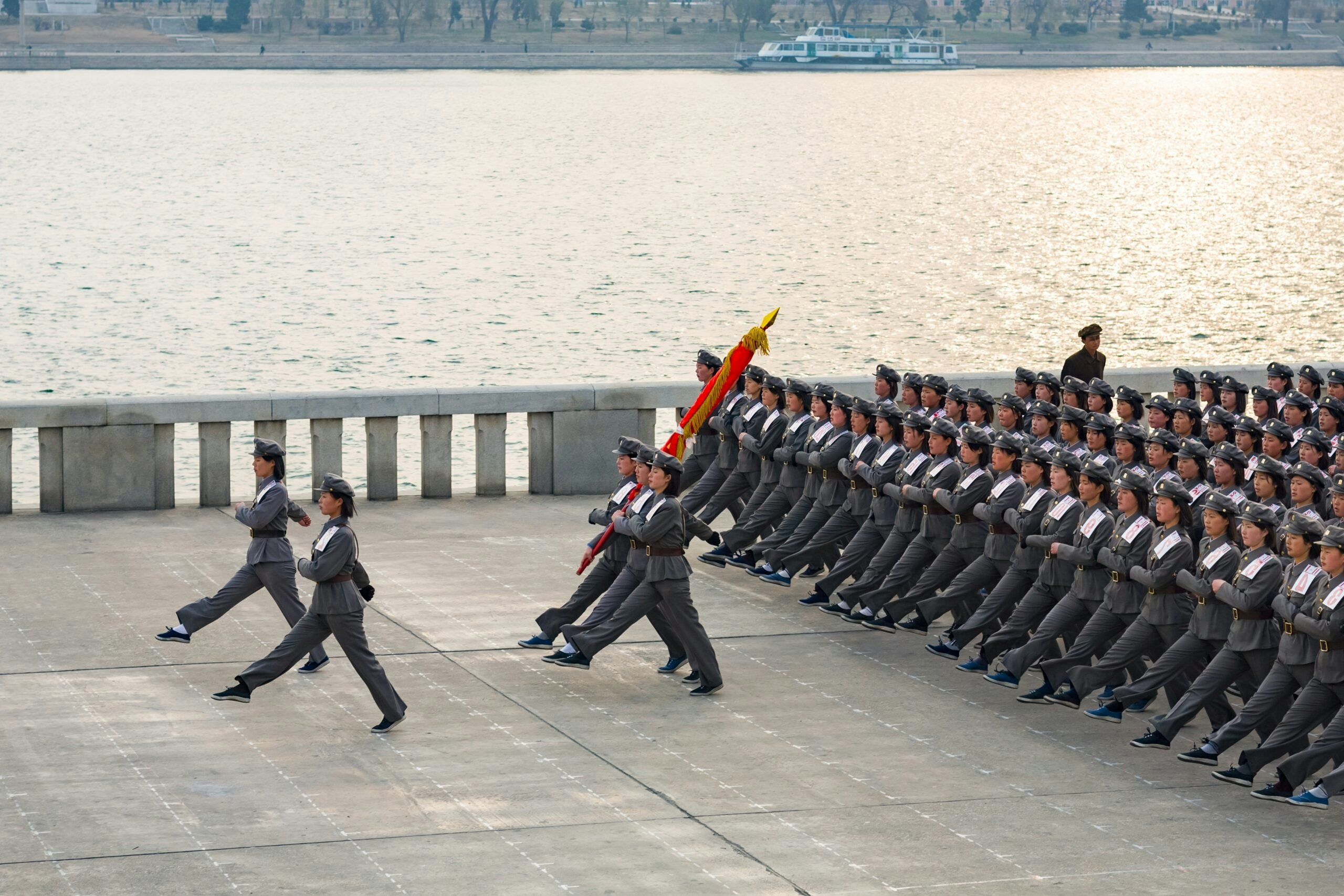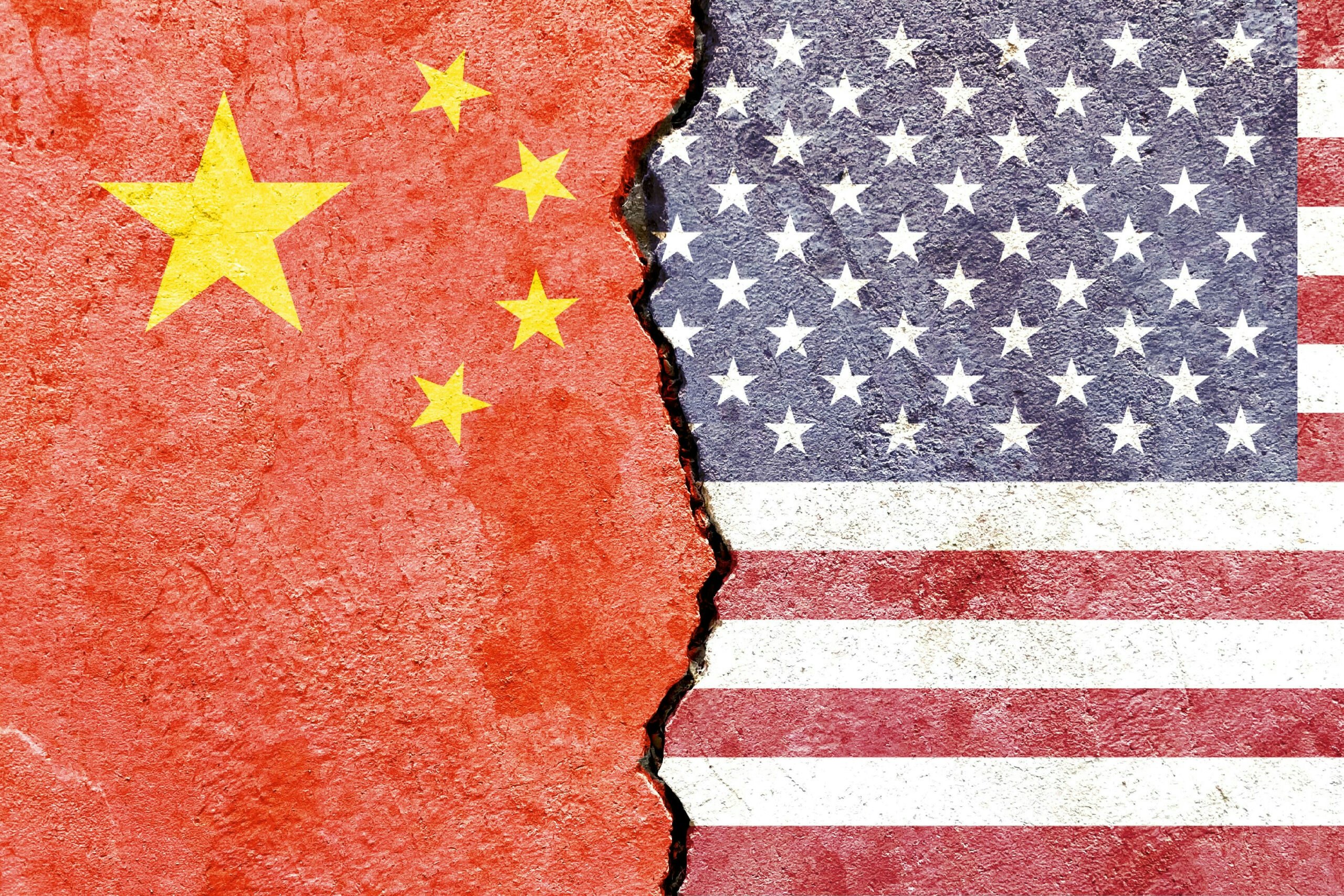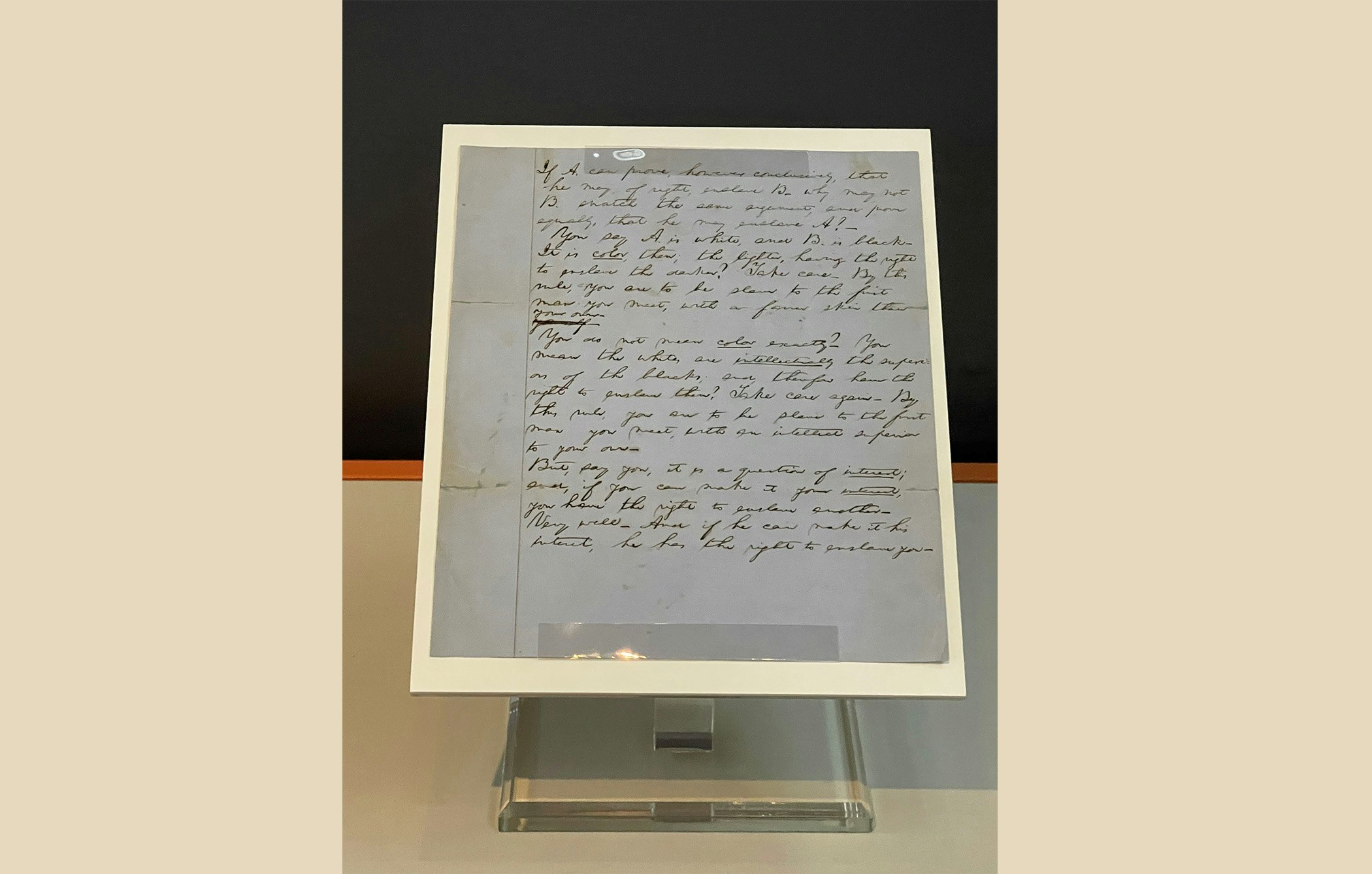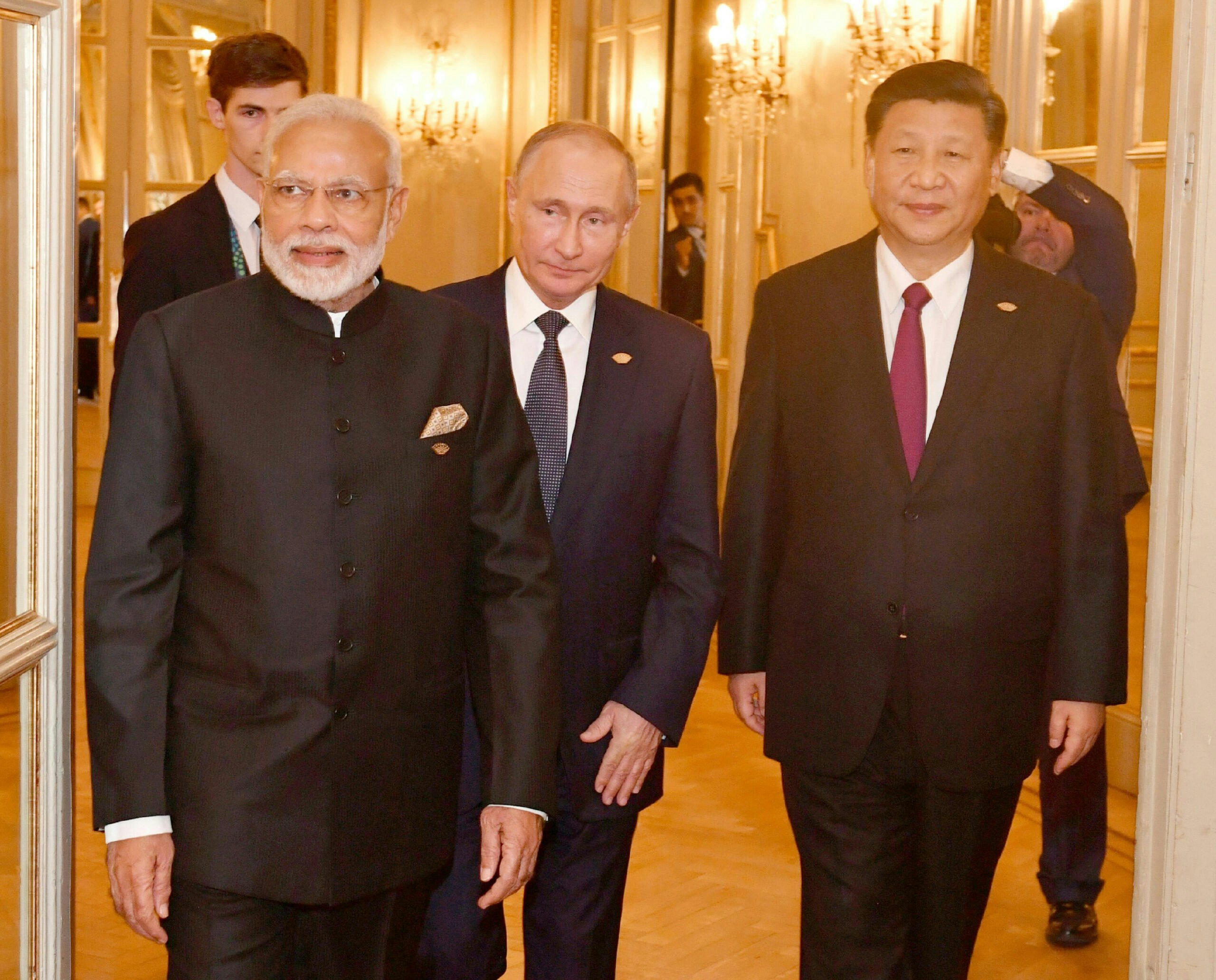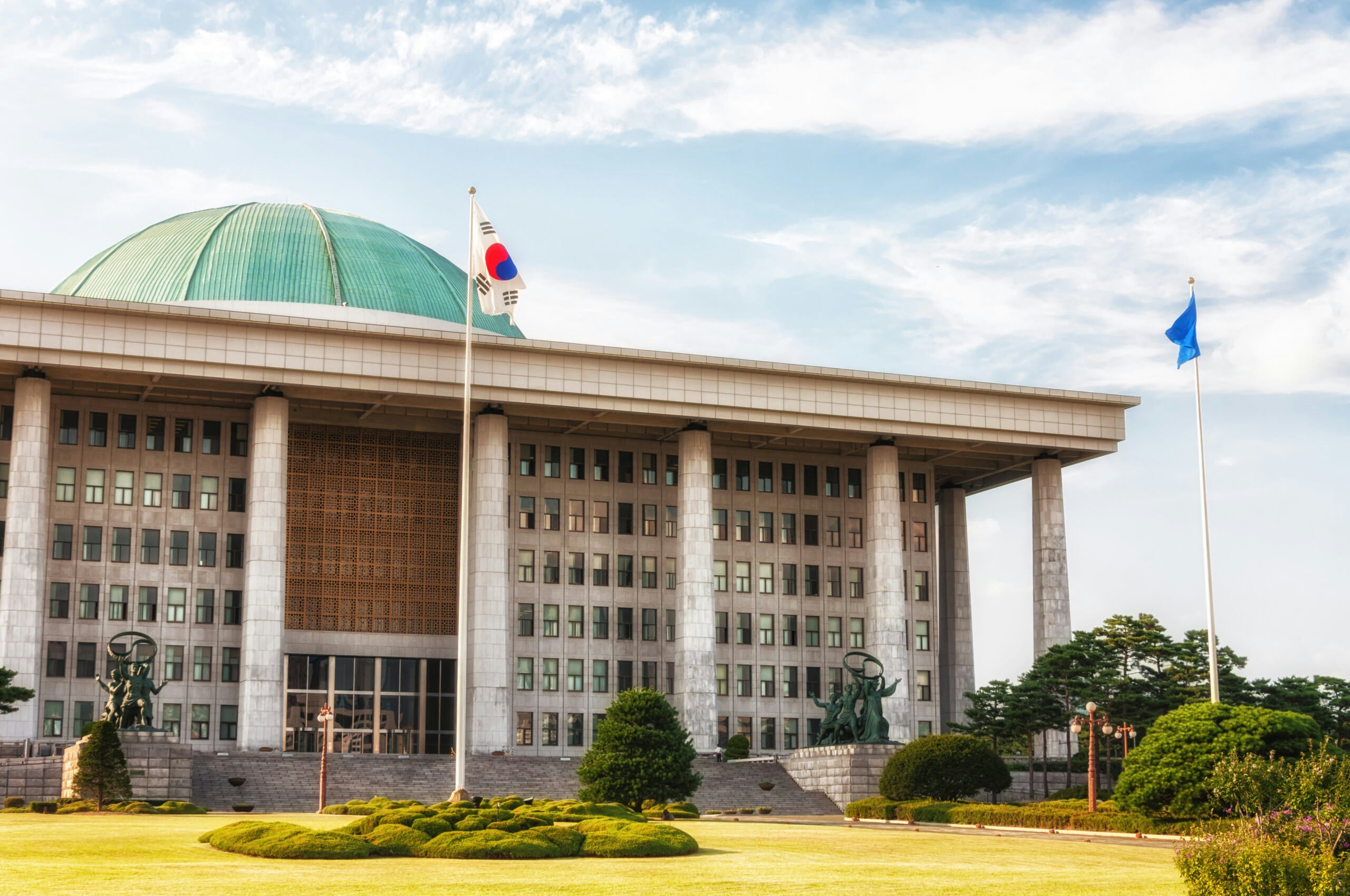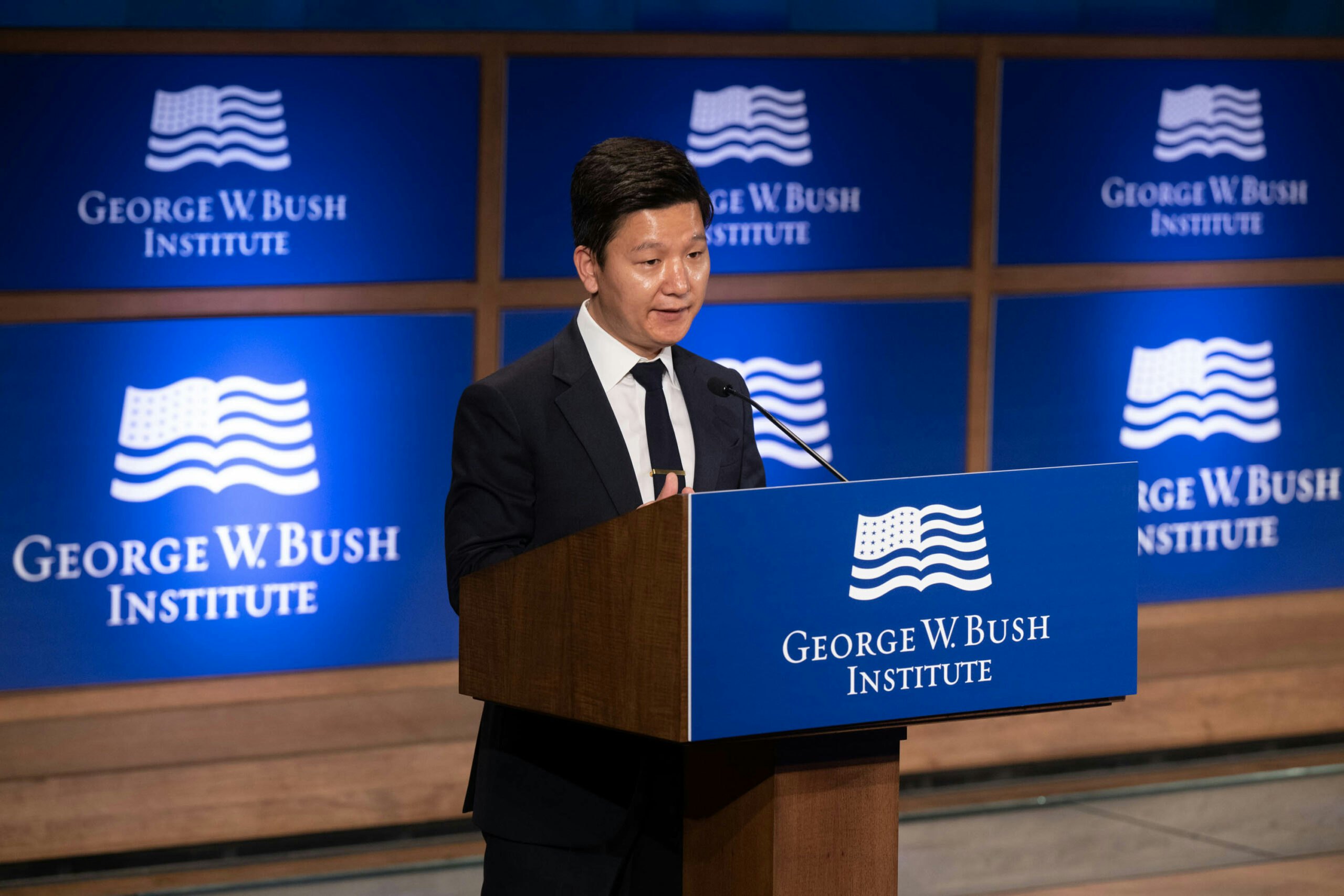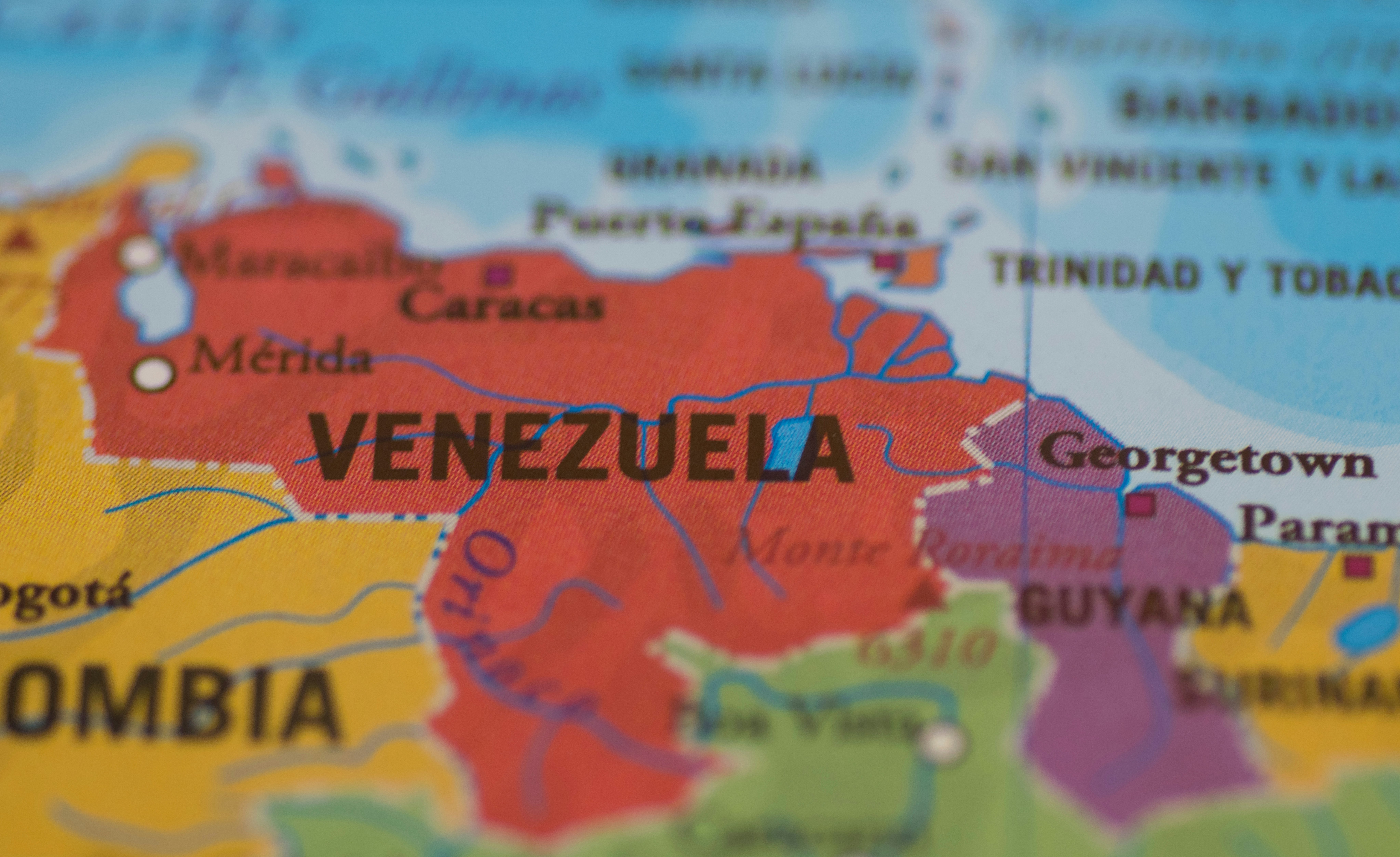Matthew Wilson discusses the role of religion in countries seeking democracy and/or experiencing a human rights movement.
Matthew Wilson is the Director of the Center for Faith and Learning and Associate Professor of political science at SMU. His research focuses on public opinion, elections, representation, and the role of race and religion in politics, both in the United States and abroad.
Matthew discusses the role of religion in countries seeking democracy and/or experiencing a human rights movement. He also shares advice for the George W. Bush Institute’s Liberty and Leadership Young Leaders whose country, Burma, is currently struggling to adopt new democratic principles and undergoing relentless challenges to religious freedom.
Why does religion play such a vital role in countries or regions seeking democracy and/or experiencing a human rights movement?
Religion touches on the things that people most profoundly care about. It touches on the most profound impulses that people have, and in that sense, if there is a pivotal change in values, religion is likely to be intimately involved. So, it’s not a surprise that religion is so often involved in both motivating and resolving conflict.
Around the world, religion has played a strong role in democracy and civil rights movements. There are so many examples we can look at. The anti-Apartheid movement in South Africa saw [Archbishop and Nobel Peace Prize Laureate] Desmond Tutu at the forefront, and during the 1960’s Civil Rights movement in the U.S., we saw efforts spearheaded by clergy. If you look around the world you will frequently see religion in the vanguard of democratization efforts. This was particularly notable with Pope John Paul II’s inspiration of the liberation movement in Poland (and Eastern Europe more broadly) in the 1980s.
Pope Francis recently visited Burma, a country experiencing a human rights crisis while trying to build a democratic system of government. What is the significance of his visit to Burma?
The Pope or any major world religious leader can bring global attention to a situation that otherwise might not be a focus. For example, with Pope Francis’s visit to Burma, Catholics around the world are thinking about Burma in a way they may not have been before.
One of the tricky things with the Pope’s visit is that he does not represent the country’s majority religion. As a result, his ability to rally or shift opinions is limited. That is why he had to walk a fine line, trying to speak out meaningfully on issues of human rights without subjecting Burmese Catholics to a backlash from their Buddhist fellow citizens. If the Pope had gone to Burma and started thundering about the plight of the Rohingya, it would have put Burmese Catholics in a tough situation.
Pope Francis met with Buddhist leaders. Why was this visit crucial?
Buddhist leaders are the most influential in the country, as more than 80 percent of the [population] of Burma is Buddhist. As there is a certain level of mutual respect with religious leaders, part of what the Pope would hope to do is influence the people indirectly by moving the hearts of their spiritual leaders. Also, he is interested in the day-to-day situation for Catholics in Burma. He wanted to advance their status and concerns within the country.
What advice would you give the Liberty and Leadership Young Leaders to expand their influence in Burma?
They need to have the courage of their convictions. It can sometimes be difficult to speak in a community where you are going against the tide of public opinion. In the past, they had to speak out against the government; that carries its own set of dangers. If they speak up for a despised minority population, however, it is not just going against the government, but going against the views of their friends and neighbors as well. That will call for another level of courage and strength from them.
The key thing for the Young Leaders and others to look at is leadership within the majority religious community. It is one thing for the Pope to speak out, but the Pope only represents a small minority of Burma’s population. For things to change, they will need Buddhist leadership within the country and internationally (like the Dalai Lama, for example) to speak out.

